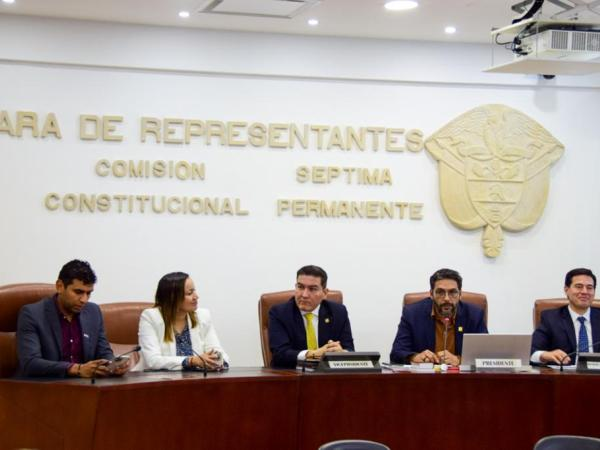MIAMI, United States. – The Cuban Observatory of Human Rights (OCDH), Cubalex and Justicia 11J issued a declarationthis Monday, on the situation of Cuban political prisoners.
In the document, the three organizations defending human rights maintain that the deprivation of liberty as a form of punishment for exercising freedom of expression, assembly and association, as well as forced expatriation are denounceable practices that the Cuban State has used “repeatedly to obtain advantages in political, diplomatic and economic negotiation processes, and as a method to exercise social control and demobilize civil society”.
Dadaist the recent release of 222 political prisoners from Nicaragua and their immediate deportation to the United States, the three NGOs considered that in the event of a possible negotiation between governments for the release of Cuban political prisoners, it should be treated strictly as “a process of humanitarian value” since “no citizen should be deprived of their liberty for exercising their right to express themselves and demonstrate” and, therefore, their release “should be immediate.”
“We point out that the forced departure from the country as a condition for the release or release of political prisoners is a violation of the right to free movement (…). No person, much less in the inhumane conditions of deprivation of liberty in Cuban jails, can be forced to leave the country as a condition to achieve their release or final release. Whoever negotiates with the Cuban State should request guarantees that the person deprived of their liberty will make the decision to leave the country without pressure from State Security bodies. The pressure in these cases is a form of forced expatriation”, assured the three organizations.
Likewise, they considered that “the participation of persons deprived of their liberty and their families in the process of negotiating their release should be prioritized. The victims must be at the center of the negotiation. In addition, certain minimum guarantees would be necessary for those who freely and voluntarily decide to leave the country, such as facilities in the relocation process to access the legalization of their immigration status and access to rehabilitation services.
Finally, they proposed “that the releases and subsequent deportations that do not take into account the aforementioned guarantees for the victims be questioned by organizations that defend human rights and democratic governments, whether or not they are part of the negotiation process.”
“We oppose laudatory pronouncements such as those issued by the US State Department, in which an act that violates human rights is presented as ‘positive steps’ for the consolidation of relations between countries and the path to democracy. ”, they asserted.
The 2021 protests and 2022 left a balance of 768 detained protesters.
“The signatory organizations have accompanied the victims of repression by the Cuban State, including those imprisoned as a result of the protests of the last two years. We receive with hope the idea that they will be released, in any of the possible ways. At the same time, we warn that the causes of this citizen discontent, as well as its repression ―reinforced by the new Penal Code– remain current. The spiral of violence, resistance and punishment will not stop until a Democratic State of Law rules in Cuba, with full respect for human rights,” the statement concluded.
















